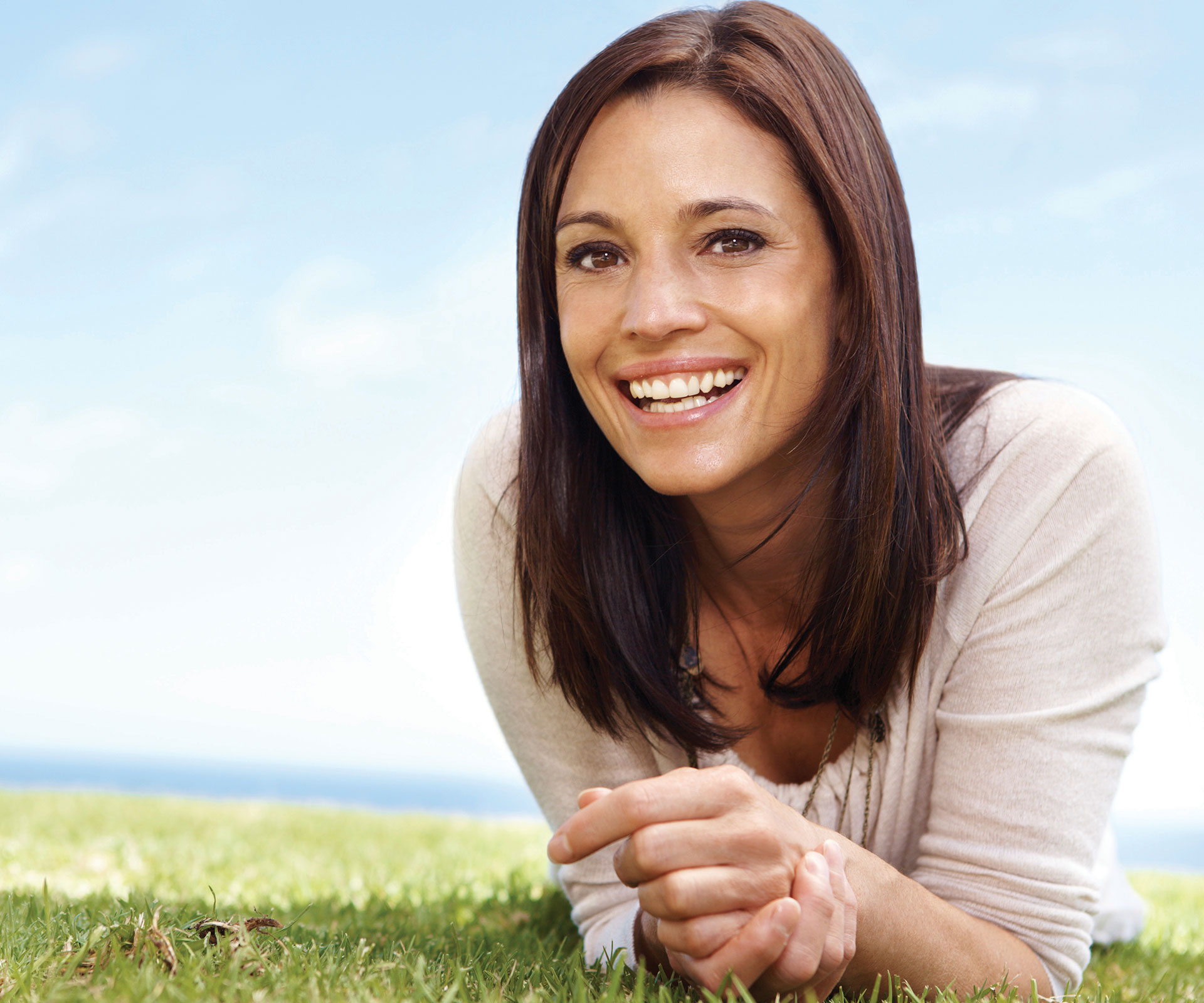Vitamin E was discovered in 1922 by doctor Herbert Evans and his assistant Katherine Bishop when they were studying reproduction in rats – more than 90 years later, vitamin E is still prescribed as an aid to fertility. The vitamin is also an antioxidant – the most common form is alpha-tocopherol – and it protects cell membranes from damage by free radicals (naturally ocurring molecules that have unpaired electrons). Our gallbladder helps to break down the fat-soluble vitamin, which is stored in our body’s fatty tissue until needed.
When would a medical or nutritional professional recommend taking Vitamin E supplements and what happens when someone has a vitamin E deficiency?
Deficiencies in vitamin E allow free radicals to run rampant in the body and damage healthy cells, which can leave us susceptible to illness and disease. However, according to a 1999 article Vitamin E: function and metabolism by Regina Brigelius-Flohé and Maret G Traber, vitamin E deficiency is rarely due to diet and tends to be caused by the individual’s genes.
According to women’s health expert Rene Schliebs from Mission Nutrition, deficiency can be associated with, “chronic liver disease, muscle wasting, poor immunity, cataracts, heart disease and fertility issues”. Schliebs often prescribes supplements to couples struggling with fertility.
“It’s a vital nutrient for reproductive function,” says Schliebs. “Vitamin E has been shown to increase the thickness of the uterine lining and improve blood flow to the reproductive organs. It plays a big role in miscarriage prevention.
“A 36-year-old client [of mine] presented with a history of recurring miscarriage and a thin uterine lining. I supplemented her with 600IU (international units) per day of vitamin E for three months along with increasing foods rich in vitamin E and healthy fats. The couple stopped trying to conceive during this three-month period. They conceived on the next cycle after the supplementation period, and ultrasound scanning showed the uterine lining to be thick and strong enough to hold a pregnancy.”

Are there any risks to oversupplementing with vitamin E?
Schliebs warns that vitamin E can reach toxic levels because it is “a fat-soluble nutrient” and stored in the body over long periods, adding that oversupplementation can reduce white blood cell activity and deplete our immune response.
Naturopath and nutritionist Renée Leonard-Stainton adds that, while eating foods containing vitamin E is not risky or harmful, taking high doses as a supplement might increase the risk for bleeding and should be avoided by people with bleeding disorders or those taking drugs that increase the risk of bleeding.
“Less severe side effects from high dosages can be nausea, diarrhoea, dizziness, blurred vision and headaches,” she adds. “If you experience any of these symptoms after starting vitamin E supplementation, tell your doctor straight away.”
Sources of vitamin E:
Wheatgerm
Almonds
Egg yolk
Beef
Corn
Spinach
Asparagus
Kumara
Does vitamin E work better with any other vitamins or minerals?
The benefits of many foods are further improved by complementary nutrients found in a balanced and varied diet – this is called food synergy. Schliebs states that adequate levels of zinc (around 15mg daily) and selenium (around 55mcg daily) are important for maintaining normal levels of vitamin E in the body.
Schliebs recommends red meat, eggs, ginger, chicken liver, oysters and pumpkin seeds as rich sources of zinc, adding that an 85g serving of oysters contains approximately 74mg zinc, while 150g of red meat contains approximately 15mg zinc, and 85g of pumpkin seeds contains around 7mg of zinc.
Brazil nuts are an excellent source of selenium, with just six to eight nuts providing 544mcg. Schliebs adds that other good sources of selenium include cashew nuts, eggs, fish, garlic, onions and chicken liver.
Vitamin E may also improve:
Skin appearance
Male fertility
Inflammatory skin conditions, such as psoriasis and atopic dermatitis

From left to right: Vital Health Good Green Stuff, 120g, $39.50. Go Healthy Go Vitamin E, 65 capsules, $21.90. Sanderson Superior Organic Vitamin E, 60 capsules, $25.90.

From left to right: Blackmores Natural E, 120 capsules, $51.70. Lifestream Aloe Vera Gel, 500g, $22.20. Sea Buckthorn Elixir, 200ml, $29.90.
Words by: Rachael Mckinnon
Photos: Corbis and Supplied


.jpg)